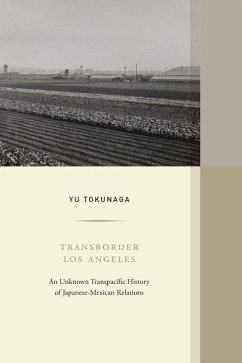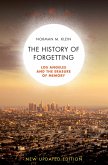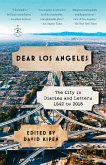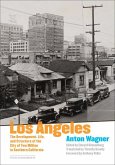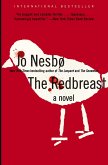"Utilizing the concept of Los Angeles farmland as a transpacific workplace, Yu Tokunaga provides a stunning analysis of the triracial hierarchy of Southern California agriculture. The changing relationships between Japanese tenant farmers, white landowners, and Mexican workers through adaptation to new immigration laws, labor strikes, and Japanese internment display surprising fluidity and mutual dependency in this transborder region."--George J. Sanchez, author of Boyle Heights: How a Los Angeles Neighborhood Became the Future of American Democracy "This work masterfully brings the transnational histories of ethnic Japanese and Mexican communities in Southern California into dialogue. Tokunaga innovates in demonstrating how Los Angeles agriculture operated through a unique triracial hierarchy in which Japanese farmers leased land from white landowners and then hired Mexican laborers to help work the land. As a result, in the case of labor strike by Mexican workers, Japanese immigrant farmers were caught in the middle."--Greg Robinson, author of After Camp: Portraits in Midcentury Japanese American Life and Politics "This fascinating book illuminates Los Angeles's development as a transpacific and transborder area through the lens of relations between Mexican workers, Japanese growers, and Mexican and Japanese states. Using Japanese sources as well as others, the author explores these changing relations through the social earthquake of large agricultural strikes near Los Angeles in the 1930s, adding depth and richness to accounts of strikes in El Monte and Venice and successfully placing these events within broader transnational paradigms."--Devra Anne Weber, Professor Emerita of History, University of California, Riverside

